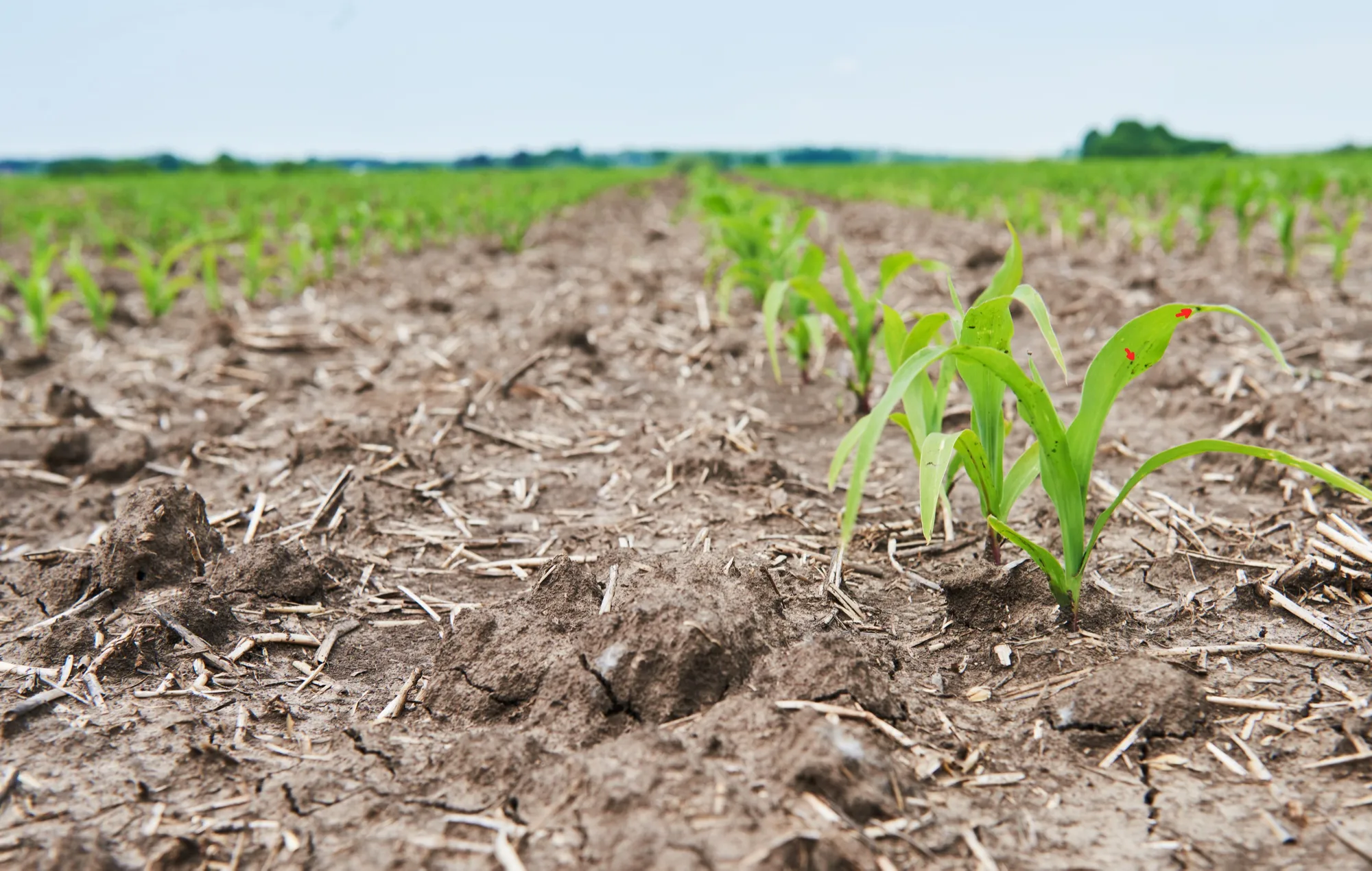Winter oilseed rape (WOSR), a critical crop for the global agricultural economy, has been experiencing significant yield instability accounting for inter-annual variation of 30-50% of the crop value in major global rapeseed producers. Among these, the United Kingdom faces persistent problems with yield instability, creating a demand for an understanding of the underlying causes. A new study by researchers from the John Innes Centre in Norwich provides a link between mean temperature in early winter and the yield of winter oilseed rape, revealing potential mitigative strategies for a more stable oilseed rape agriculture sector.
DOI: 10.1038/s41598-019-43461-7
Understanding the Study
The recent study led by scientists at the John Innes Centre encompasses a comprehensive analysis of aggregated on-farm yield data and annual Recommended List variety trial data facilitated by the UK Agriculture and Horticulture Development Board (AHDB). The analysis pinpoints that a rise in mean temperature of 1°C is associated with a significant average reduction in WOSR yield of approximately 113 (+-21) kg ha -1. This discovery by the team, including notable researchers Dr. James K. M. Brown, Rebecca Beeby, and Dr. Steven Penfield who holds a research grant from the Biotechnology and Biological Sciences Research Council (BBSRC), offers key insights into the fluctuations of oilseed rape yields in UK agriculture.
Quantifying the Effect of Temperature Variability
Winter oilseed rape, scientifically known as Brassica napus, is sensitive to environmental cues and temperature is a cardinal factor influencing the growth and yield potential of these crops. Despite this sensitivity, there has been a lack of robust data linking specific temperature ranges to yield outcomes, especially within the varying climatic landscape of the United Kingdom. The study by Brown, Beeby, and Penfield bridges this significant knowledge gap by providing concrete evidence that not only traces yield variability to temperature but also quantifies the expectancy of yield reduction relative to thermal increases.
Fluctuating weather patterns, including those caused by climate variability phenomena such as the North Atlantic Oscillation, are consequently acknowledged as influencers of crop physiology and yield stability. However, this research is among the first to establish the critical period and specific temperature parameters affecting oilseed rape yields in the UK.
Implications for Agriculture and Food Security
The identified negative correlation between early winter temperatures and WOSR yield underpins significant implications for both agricultural practices and food security. Such findings necessitate the consideration of early winter temperatures in forecasting models, crop management practices, and breeding programs aimed at enhancing oilseed rape’s resilience to climatic variations. With the enlightening data provided, agronomists and farmers can tailor their crop management strategies, potentially adopting varieties that exhibit greater tolerance to higher temperature ranges or adjusting planting dates to mitigate thermal stress.
Future Research and Adaptive Strategies
In light of this discovery, future research might delve into developing climate-resilient breeds or proposing agricultural adjustments that could buffer the adverse impacts of rising temperatures. Implementing precision agriculture and studying the effects of temperature on pollination could also be strategic in striving for yield stability.
References
1. Brown, J. K. M., Beeby, R., & Penfield, S. (2019). Yield instability of winter oilseed rape modulated by early winter temperature. Scientific reports, 9(1), 6953. doi: 10.1038/s41598-019-43461-7
2. Lesk, C., Rowhani, P., & Ramakutty, N. (2016). Influence of extreme weather disasters on global crop production. Nature, 529, 84–87. doi: 10.1038/nature16467
3. Morrison, M. J., & Stewart, D. W. (2002). Heat stress during flowering in summer Brassica. Crop Science, 42, 797–803. doi: 10.2135/cropsci2002.7970
4. Weymann, W., Böttcher, U., Sieling, K., & Kage, H. (2015). Effects of weather conditions during different growth phases on yield formation of winter oilseed rape. Field Crops Research, 173, 41–48. doi: 10.1016/j.fcr.2015.01.002
5. He, Y., Revell, B. J., Leng, B., & Feng, Z. (2017). The effects of weather on oilseed rape (OSR) yield in China: future implications of climate change. Sustainability, 9, 418. doi: 10.3390/su9030418
Keywords
1. Winter oilseed rape yield variability
2. Agricultural impacts of climate change
3.UK oilseed crop production
4. Temperature influences on crop growth
5. Farming strategies for yield stability
In addressing the challenges faced by the oilseed rape industry, the study opens a pathway toward more robust yield forecasting and crop management systems essential in a time when global agriculture is grappling with the pressing realities of climate change.
